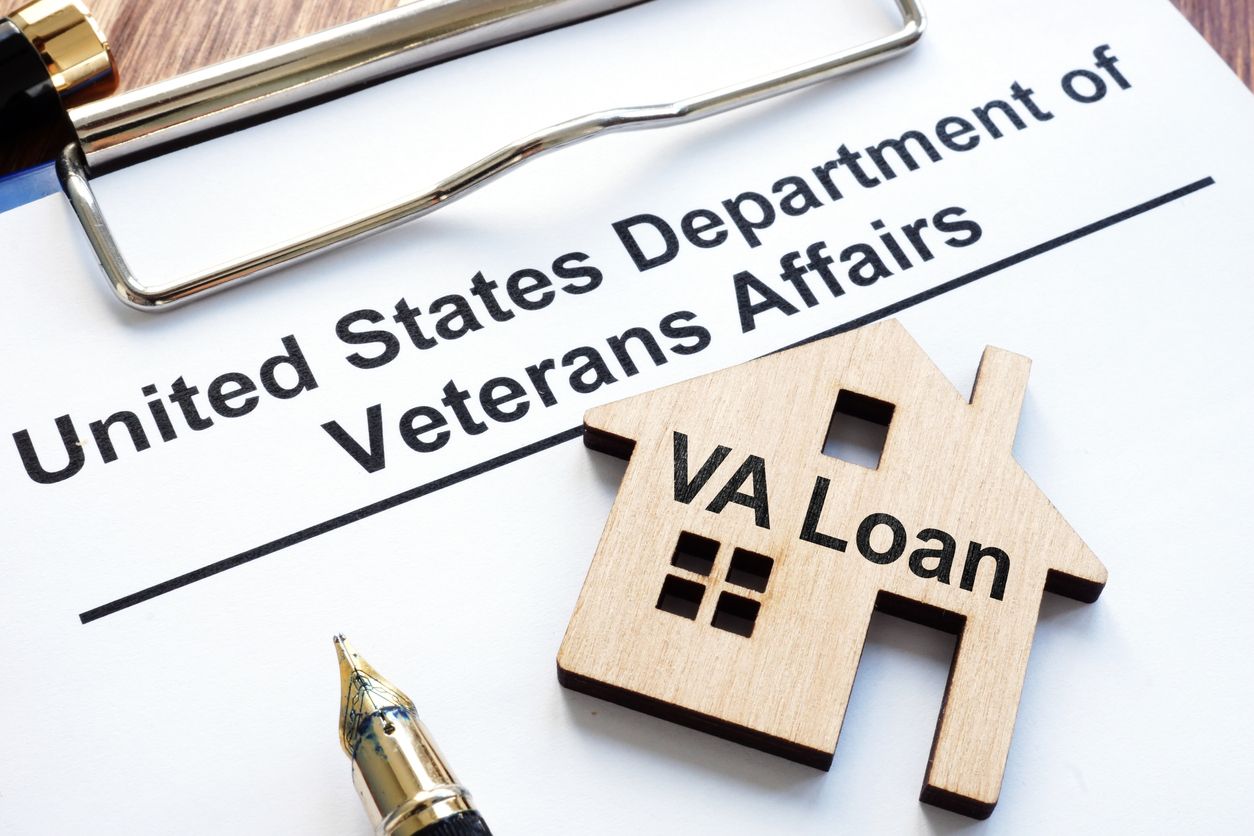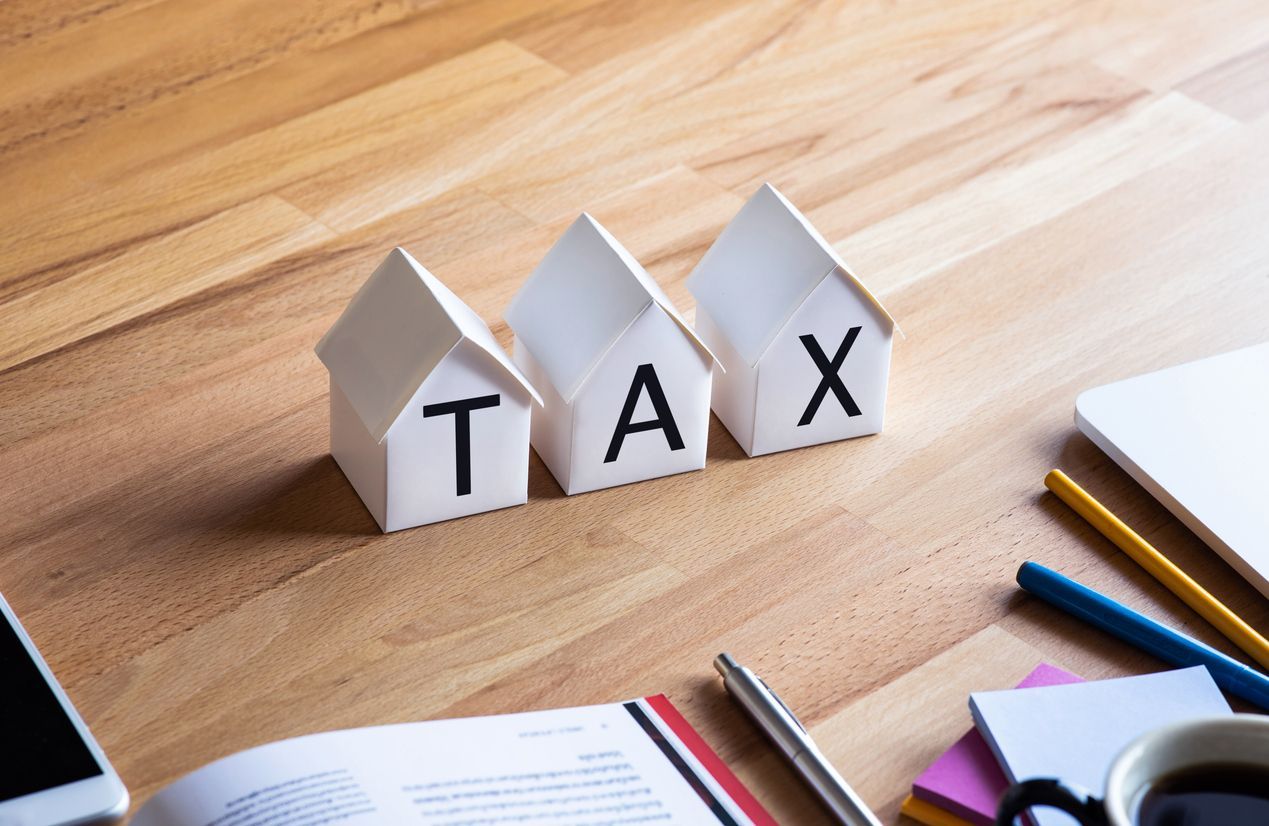Making Your Home More Energy Efficient
Improving your home’s energy efficiency doesn’t have to involve a full home renovation. Whether you’re looking to lower utility bills, preparing to sell, or simply modernizing your home, here’s how to get started and what to keep in mind along the way.
What is energy efficiency?
Energy efficiency generally refers to how well a home performs in terms of its energy usage, which can lead to lower utility costs. In practice, it means that key systems such as heating and cooling—as well as appliances—are operating as effectively and economically as possible.
Where should I start?
A professional home energy audit is a great first step. It can help identify where excess energy is being lost—such as through drafty windows, poor insulation, or outdated systems—and suggest the most effective improvements. Some local utility companies offer free or reduced-cost audits.
What are some easy, low-cost ways to save energy?
Small changes can make a big difference. Consider switching to LED lightbulbs, sealing air leaks around doors and windows, adjusting your thermostat, and unplugging unused electronics. Installing faucet aerators or using energy-saving power strips are other simple ways to reduce daily energy use.
What upgrades offer the best return on investment?
Common high-impact upgrades include improved attic insulation, energy-efficient windows, and modern HVAC systems. Replacing older appliances with Energy Star–certified models or upgrading your water heater can also save money over time and may increase your home’s value.
How can I make my home more energy efficient before selling?
When it comes to marketing your home, consider if making your home energy efficient could attract potential buyers. Before listing your home, evaluate potential upgrades and be sure to highlight these features in your listing to appeal to energy-conscious buyers. An agent who is a REALTOR® can help highlight the ways you’ve made your home more energy efficient in a listing that might appeal to potential buyers.
Are there financing or incentive programs available?
Yes. State and local governments, utility providers, and some federal programs offer rebates, low-interest loans, or tax credits for qualifying energy-efficient improvements. A contractor or local housing agency can help you find options available in your area.
How do I know if a product is energy efficient?
Look for the Energy Star label or check efficiency ratings provided by the manufacturer. For heating and cooling systems, the Seasonal Energy Efficiency Ratio (SEER) and Annual Fuel Utilization Efficiency (AFUE) ratings can also indicate energy performance.
What should I ask a contractor before making upgrades?
Ask whether the product qualifies for rebates or tax incentives, what the estimated energy savings are, and how long the upgrade typically lasts. You may also want to confirm their experience with energy-efficient installations and check customer reviews or references.
Do older homes need different energy upgrades than newer ones?
Often, yes. Older homes may have outdated insulation, single-pane windows, or inefficient heating systems that don’t meet today’s energy standards. An energy audit can help prioritize upgrades that fit within the home’s character while improving efficiency. These include adding insulation within walls or attics, upgrading the boiler, or air sealing without removing original finishes.
Source: NAR Consumer Guides










